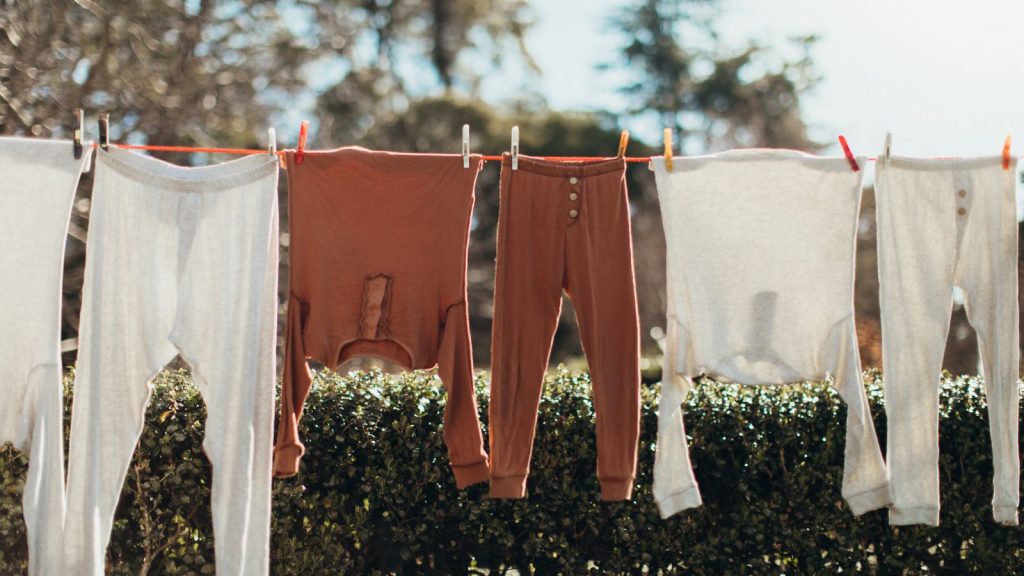Drying clothes outdoors has been a traditional method for centuries, offering benefits like energy savings and the fresh scent of sun-dried laundry. However, there are several reasons why this practice might not be ideal in certain situations.
1. Exposure to Environmental Pollutants
When clothes are hung outside, they are exposed to various environmental elements. In urban or industrial areas, pollutants such as vehicle emissions, dust, and smog can settle on the fabric, leading to unpleasant odors and potential health concerns, especially for individuals with respiratory issues.

2. Allergen Accumulation
Pollen, mold spores, and other allergens present in the air can cling to damp clothing. For allergy sufferers, wearing clothes dried outdoors can exacerbate symptoms, making indoor drying a preferable option during high pollen seasons.
3. Weather-Related Challenges
Unpredictable weather poses a significant challenge to outdoor drying. Sudden rain showers can re-wet clothes, while strong winds might blow them off the line or cause them to collect dust and debris. Additionally, high humidity levels can prolong drying times and lead to musty-smelling laundry.
4. Fabric Damage from Sunlight
While sunlight can naturally bleach and disinfect fabrics, prolonged exposure to ultraviolet (UV) rays can cause colors to fade and weaken fibers over time. Delicate materials are particularly susceptible to sun damage, which can reduce the lifespan of clothing.
5. Aesthetic and Regulatory Concerns
In some communities, hanging laundry outdoors is considered unsightly and may be prohibited by homeowners’ associations or local regulations. Such rules are often implemented to maintain a certain neighborhood appearance, and violating them can result in fines or disputes with neighbors.
6. Risk of Contamination
Outdoor drying exposes clothes to potential contaminants like bird droppings, insects, and airborne particles. These elements can soil freshly washed laundry, necessitating additional washing and negating the benefits of air drying.
7. Cultural and Superstitious Beliefs
In certain cultures, hanging clothes outside, especially overnight, is discouraged due to superstitions. For instance, some believe that spirits may attach themselves to clothing left out at night, bringing bad luck to the household .
8. Security and Privacy Issues
Clotheslines can inadvertently reveal personal information, such as family size or economic status, based on the type and quantity of clothing displayed. Additionally, there is a risk of theft or vandalism, particularly in unsecured areas.

9. Physical Space and Convenience
Not all living situations accommodate outdoor drying. Apartment dwellers or those without private outdoor space may find it challenging to hang clothes outside. Moreover, the process of hanging and retrieving laundry can be time-consuming compared to using a dryer.
While drying clothes outdoors can be environmentally friendly and cost-effective, it’s essential to consider the potential drawbacks. Factors such as environmental pollutants, weather unpredictability, fabric damage, and cultural beliefs play a role in determining whether this method is suitable. Evaluating these aspects can help individuals make informed decisions about their laundry practices.

















